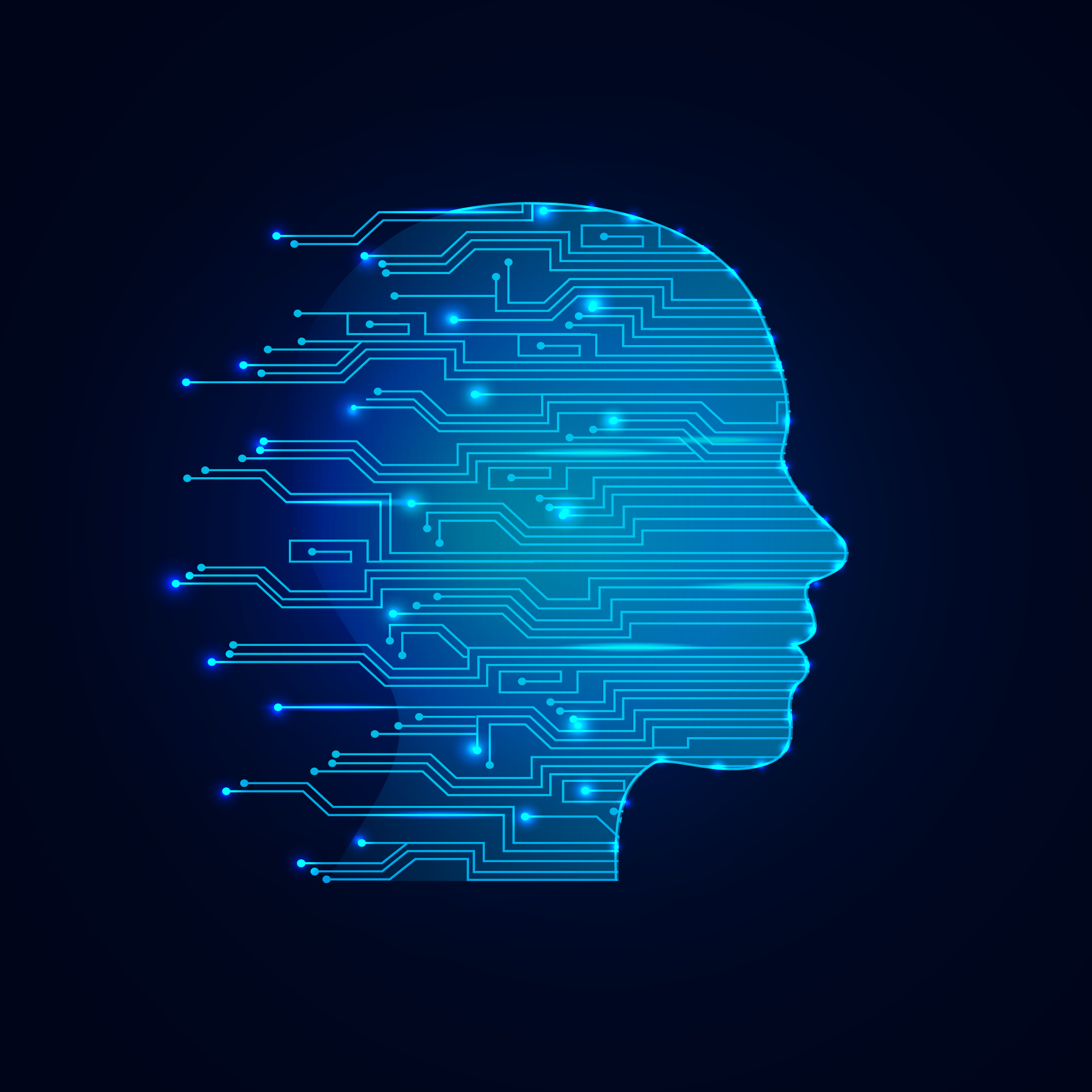May 31st, 2023 / By: dojo.live / Published in: Blog

The world is currently amidst an Artificial Intelligence (AI) renaissance. While AI models continue to make headlines for passing impressive tests, developers also look to incorporate AI into their workflows to solve fundamental, everyday problems. Companies are scrambling to leverage AI research for newsworthy performance and more banal functions, and Cognitive Services rise to the occasion.
But what exactly are Cognitive Services? This guide focuses on the definition, benefits, use cases, and application principles of Azure Cognitive Services.
Cognitive Services Defined
Cognitive Services are Machine Learning (ML) algorithms developed by Microsoft to make AI accessible to all data scientists and developers. Cognitive Services are available through Representational State Transfer (REST) Application Programming Interfaces (APIs) and client library Software Development Kits (SDKs) in common development languages.
With Cognitive Services APIs, Microsoft empowers professionals to add cognitive solutions that can think, see, hear, and analyze their applications. That being said, Cognitive Services by Microsoft generally belong in one of the following API categories:
- Speech
- Language
- Knowledge
- Vision
- Azure Open AI
Benefits of Cognitive Services for Developers
There are many reasons why companies use Cognitive Services to adopt AI solutions. Some of the advantages of Cognitive Services include the following:
- Supports a Wide Range of Use Cases – Azure Cognitive Services provide comprehensive capabilities like speech to text, unstructured language assessment, and image and video analysis that companies can apply to many business purposes such complex decision-making, data organization, and identity verification.
- Achieves Human Parity – Microsoft’s AI software demonstrates vision, language, and speech capabilities that match the abilities of humans. For example, the translator server provides machine-based text translation, with human accuracy and sensitivity, and in real-time.
- Quick, Easy, and Flexible to Deploy – With Cognitive Services, professionals do not need to be experts in AI to deploy AI tools. Cognitive Services is designed with a user-friendly, intuitive interface that is accessible to any professional.
Common Use Cases of Cognitive Services
Cognitive Services makes AI available to everyone, regardless of expertise in AI. All that is needed is an API to embed advanced AI capabilities into apps. Here are a number of use cases professionals can achieve through Cognitive Services:
- Behavior-Based Recommendations and Other eCommerce Personalization
- Traffic Management in Smart Cities
- Data Security Compliance
- Predictive Healthcare
- Face Detection
- Speech Recognition
- Risk Assessment
- Fraud Detection
- Sentiment Analysis
- Advanced Chatbots
How and When to Use Cognitive Services
Cognitive Services have five domains of capabilities that each achieve human parity. Read on to take a closer look at each set of features.
- Vision APIs analyze visual content, detect specific objects and details, index content, and initiate action (i.e., authentication) based on programmed or situational logic. The vision APIs include computer vision, form recognition, video indexing, facial recognition, and custom vision. They apply intelligent visual analysis to all forms of visual content and serve many business purposes.
- Speech APIs embed intelligent speech-processing solutions into apps. They can convert speech to text and text to speech, translate many languages, and transcribe conversations in real-time. Speech APIs can also identify the speaker based on audio content, which can be used for authentication and access control purposes.
- Language APIs analyze text, extract meaning, and share insights with users. Language APIs include an immersive reader that helps readers ascertain the text’s meaning, language understanding solutions that teach other devices and solutions to understand natural human language, a text translator, a text analyzer, and a question-and-answer generator.
- Knowledge APIs are designed to analyze data, discover patterns and relationships, and provide insights for improved decision-making. Knowledge APIs include an anomaly detector, a content moderator, a metrics advisor, and a personalizer. The knowledge APIs are responsive and dynamic, creating actionable insights to solve problems and enhance user experience.
- Azure Open AI APIs are dynamic language models that allow professionals to apply advanced coding to various use cases. Microsoft provides Azure Open AI to help companies take advantage of large-scale, generative AI models. The solutions are adaptable, customizable, secure, and expansive.
Encora AI
AI adoption is expected to accelerate rapidly in the coming years, and technology practices like Cognitive Services will help companies adopt AI capabilities. Companies can turn to Encora data science experts for assistance with Cognitive Services through the Encora and Microsoft Azure Partnership and take their AI implementation to the next level with advanced AI and ML solutions. Fast-growing tech companies partner with Encora to outsource product development and drive growth. We are deeply expert in the various disciplines, tools, and technologies that power the emerging economy, and this is one of the primary reasons that clients choose Encora over the many strategic alternatives that they have. With Encora, companies can bring any strategic vision to life. Contact us to learn more about cognitive services and our software engineering capabilities.
